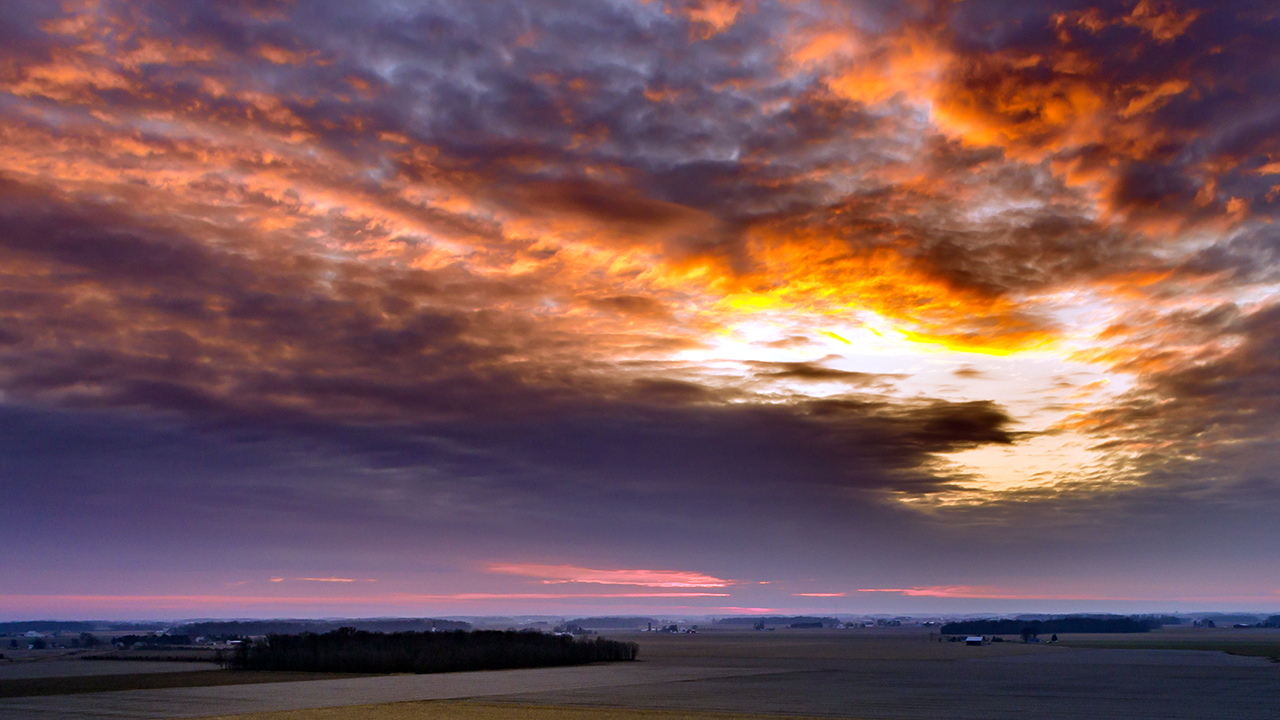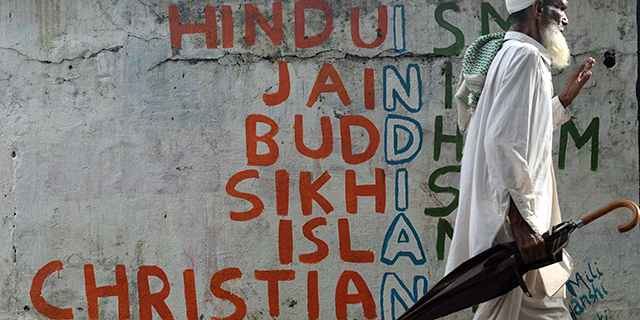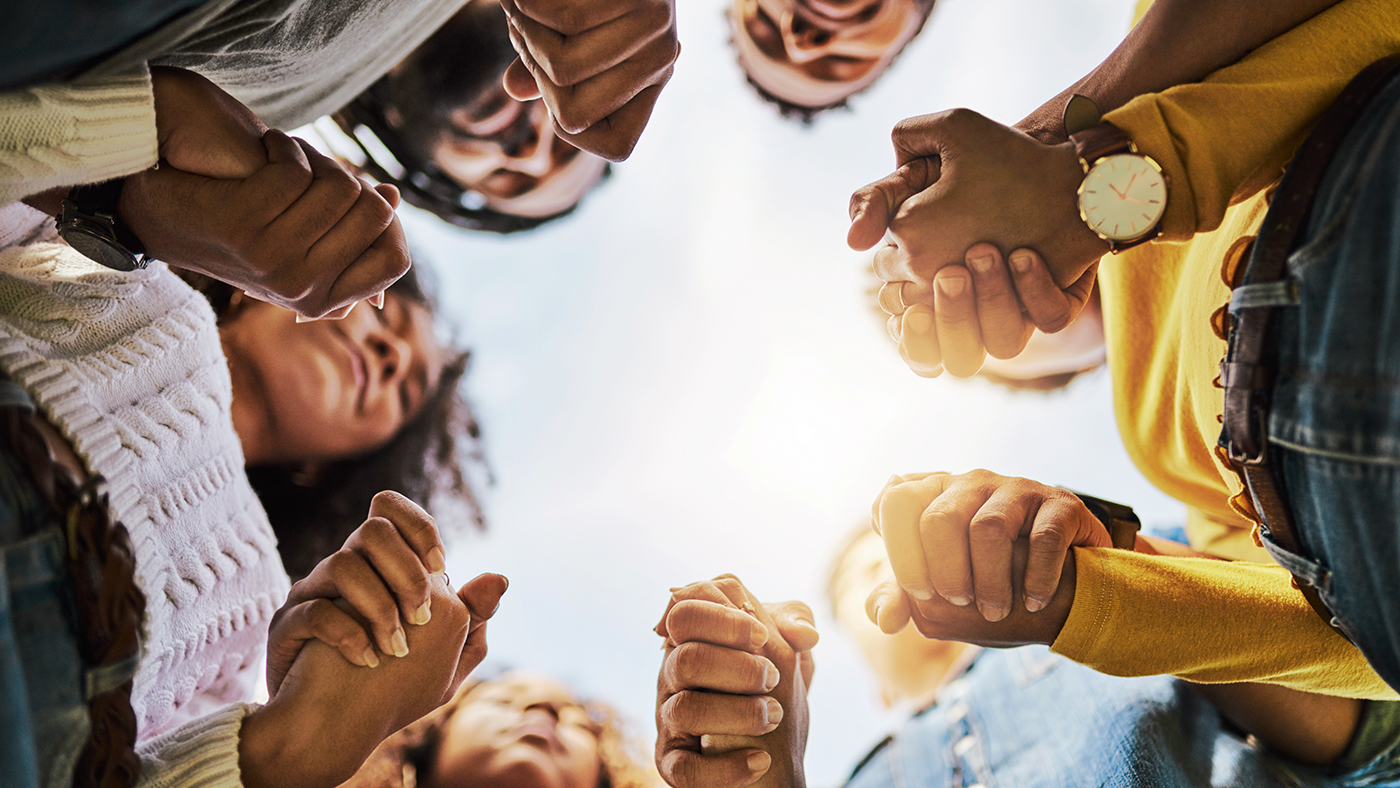
U.S. Public Becoming Less Religious
There has been a modest drop in overall rates of belief in God and participation in religious practices. But religiously affiliated Americans are as observant as before.
There has been a modest drop in overall rates of belief in God and participation in religious practices. But religiously affiliated Americans are as observant as before.
An even greater share – 29% – say they have felt in touch with someone who has already died.
62% of U.S. Catholics think the church should allow Catholics who have been divorced and remarried without an annulment to receive Communion.
Of the 4,705 reported fire incidents at houses of worship between 1996 and 2015, 2,378, or 51%, have been ruled intentional.
Religion and science have often been seen as being in conflict. But are religious faith and the scientific enterprise really at odds with each other?
A majority of the public says science and religion often conflict, but fewer say science conflicts with their own beliefs. And highly religious Americans are less likely than others to see conflict between faith and science.
A majority of the public says science and religion often conflict, but people’s sense that they do seems to have less to do with their own religious beliefs than their perception of others' beliefs.
Pope Francis has generated goodwill toward the Catholic Church among many Americans across the political spectrum. But Democrats and liberals are especially likely to say they have a more positive view of the Church because of Francis.
Two-thirds of Americans say doctors should be allowed by law to assist patients who are terminally ill and living in severe pain to commit suicide.
Nearly nine-in-ten Hispanic Catholics (88%) say that undocumented immigrants who meet certain requirements should be able to stay in the U.S.
The Global Religious Futures (GRF) project is jointly funded by The Pew Charitable Trusts and The John Templeton Foundation. Here are some big-picture findings from the GRF, together with context from other Pew Research Center studies.
Indians see religious tolerance as a central part of who they are as a nation. Across the major religious groups, most people say it is very important to respect all religions to be “truly Indian.”
Today, most Black adults say they rely on prayer to help make major decisions, and view opposing racism as essential to their religious faith.
The Christian share of the U.S. population is declining, while the share of Americans who do not identify with any organized religion is growing. These changes affect all regions in the country and many demographic groups.










